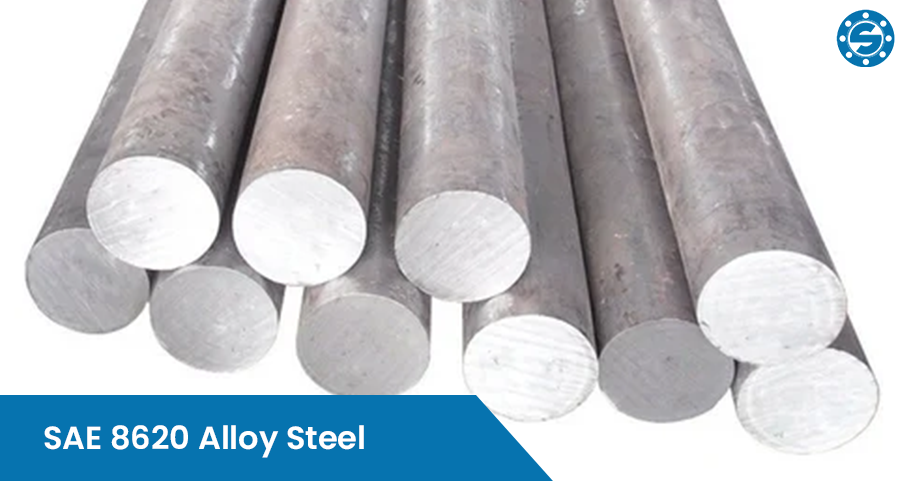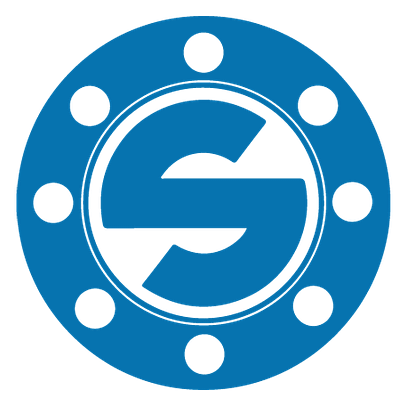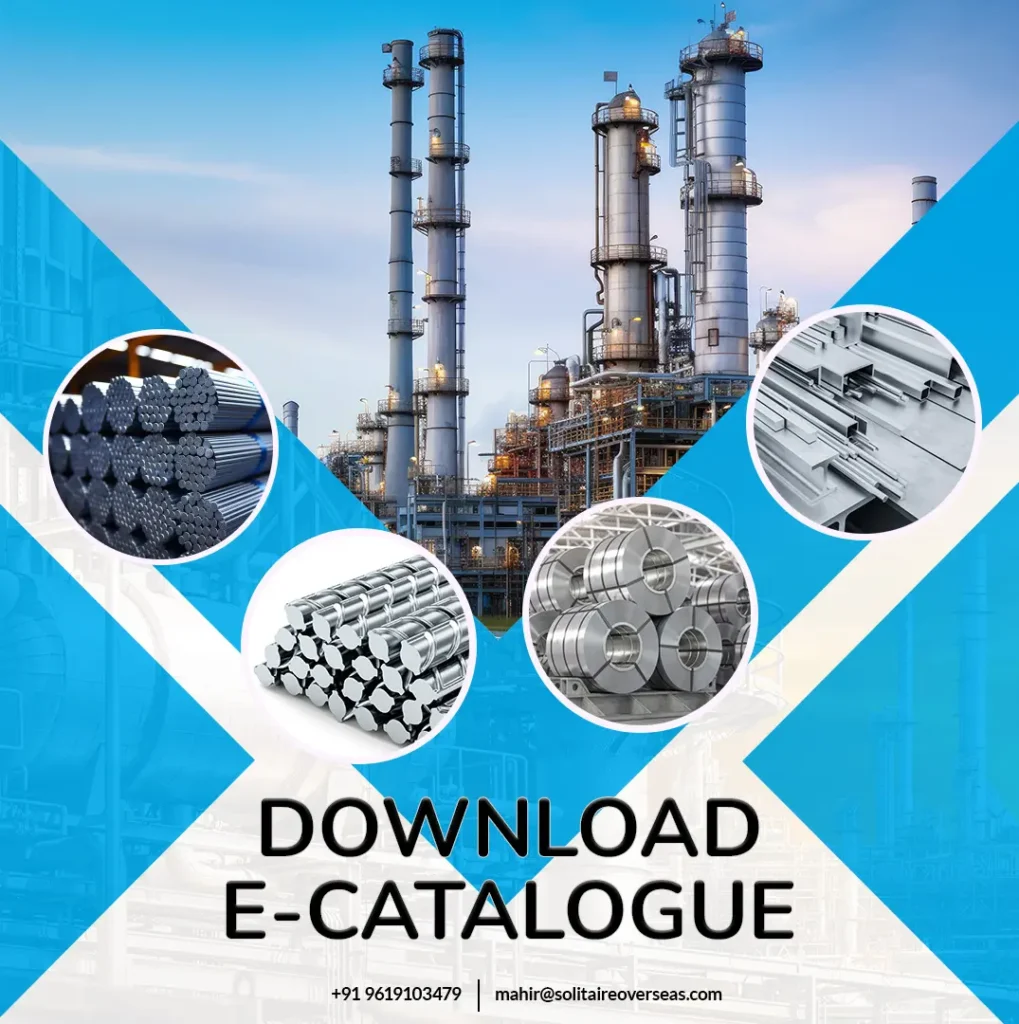SAE 8620 Alloy Steel - Equivalent, Chemical Composition, Properties

SAE 8620 steel is a low alloy case hardening steel that contains chromium, nickel, and molybdenum as key alloying elements. Known for its toughness and wear resistance, SAE 8620 Alloy Steel offers excellent external strength and good core strength, outperforming similar grades like 8615 and 8617 in terms of core strength. It is typically supplied in the as-rolled condition with a maximum hardness of HB 255.
This steel is highly versatile, allowing for various hardening treatments to improve case and core properties. While SAE 8620 material can be surface-hardened through nitriding, its low carbon content makes it less responsive to flame or induction hardening. The material’s flexibility makes it suitable for applications requiring a balance of toughness and wear resistance.
SAE 8620 Alloy Steel is commonly supplied in round bar form and is widely used in industries for components where strength and durability are critical. Its ability to undergo hardening treatments while maintaining excellent toughness makes it a preferred choice for demanding applications.
SAE 8620 Material Properties
SAE 8620 is a low alloy steel known for its excellent case hardening capabilities. It is widely used for parts requiring a tough inner core and a hard outer surface. Its composition includes carbon, chromium, nickel, molybdenum, and manganese, which contribute to its strength, durability, and ease of machining.
The chemical composition of SAE 8620 features:
- Carbon: 0.18–0.23%
- Chromium: 0.40–0.60%
- Nickel: 0.40–0.70%
- Molybdenum: 0.15–0.25%
- Manganese: 0.70–0.90%
These elements work together to improve performance in demanding environments. SAE 8620 has a density of 7.85 g/cm³, a tensile strength of 620 MPa, and a yield strength of 375 MPa, making it a reliable material for various applications.
It has several equivalent grades, such as AISI 8620, DIN 20NiCrMo2-2, and JIS SNCM220, ensuring its availability worldwide.
Solitaire Steel offers high-quality SAE 8620 steel in forms like bars, plates, and custom components. Whether you refer to it as SAE 8620, AISI 8620, or simply 8620 steel, it remains a trusted choice for industries that require durable and wear-resistant materials.
Write to us
SAE 8620 Steel Equivalent
| USA | DIN | BS | BS | JAPAN |
| ASTM A29 | DIN 1654 | EN 10084 | BS 970 | JIS G4103 |
| 8620 | 1.6523/21NiCrMo2 | 1.6523/21NiCrMo2-2 | 805M20 | SNCM220 |
8620 Chemical Composition
| Standard | Grade | C | Mn | P | S | Si | Ni | Cr | Mo |
| ASTM A29 | 8620 | 0.18-0.23 | 0.7-0.9 | 0.035 | 0.040 | 0.15-0.35 | 0.4-0.7 | 0.4-0.6 | 0.15-0.25 |
| DIN 1654 | 1.6523/21NiCrMo2 | 0.17-0.23 | 0.65-0.95 | 0.035 | 0.035 | ≦0.40 | 0.4-0.7 | 0.4-0.7 | 0.15-0.25 |
| EN 10084 | 1.6523/21NiCrMo2-2 | 0.17-0.23 | 0.65-0.95 | 0.025 | 0.035 | ≦0.40 | 0.4-0.7 | 0.35-0.70 | 0.15-0.25 |
| JIS G4103 | SNCM220 | 0.17-0.23 | 0.6-0.9 | 0.030 | 0.030 | 0.15-0.35 | 0.4-0.7 | 0.4-0.65 | 0.15-0.3 |
| BS 970 | 805M20 | 0.17-0.23 | 0.6-095 | 0.040 | 0.050 | 0.1-0.4 | 0.35-0.75 | 0.35-0.65 | 0.15-0.25 |
SAE 8620 Mechanical Properties
| Properties | Metric | Imperial |
| Tensile strength | 530 MPa | 76900 psi |
| Yield strength | 385 MPa | 55800 psi |
| Elastic modulus | 190-210 GPa | 27557-30458 ksi |
| Bulk modulus (typical for steel) | 140 GPa | 20300 ksi |
| Shear modulus (typical for steel) | 80 GPa | 11600 ksi |
| Poisson’s ratio | 0.27-0.30 | 0.27-0.30 |
| Izod Impact | 115 J | 84.8 ft.lb |
| Hardness, Brinell | 149 | 149 |
| Hardness, Knoop (converted from Brinell hardness) | 169 | 169 |
| Hardness, Rockwell B (converted from Brinell hardness) | 80 | 80 |
| Hardness, Vickers (converted from Brinell hardness) | 155 | 155 |
| Machinability (hot rolled and cold drawn, based on 100 machinability for AISI 1212 steel) | 65 | 65 |
SAE 8620 Material Properties
| Properties | Metric | Imperial |
| Density | 7.85 g/cm3 | 0.284 lb/in³ |
AISI 8620 Steel Uses
AISI 8620 steel is highly versatile and widely used in various industries. It is particularly popular in the automotive sector for making components like gears, shafts, camshafts, drive shafts, transmission cases, differential housings, axle housings, flywheels, connecting rods, crankshafts, and steering knuckles. Its excellent wear resistance makes it a reliable material for these demanding applications. Outside of automotive use, AISI 8620 is also employed in agricultural machinery and general engineering projects.
SAE 8620 Corrosion Resistance
AISI 8620 offers good corrosion resistance due to its chromium content. This property allows it to withstand harsh environments, such as exposure to seawater or acid rain, making it suitable for marine applications and other corrosive settings. Additionally, its oxidation resistance enables it to maintain performance at high temperatures of up to 650°F (343°C).
AISI 8620 Heat Treatment
AISI 8620 is highly adaptable to heat treatment processes, allowing for tailored mechanical properties. Common methods include:
- Quenching: Heating the steel above its critical temperature and rapidly cooling it in oil or water to enhance hardness and strength.
- Normalizing: Heating above the critical temperature and cooling slowly in still air to improve ductility and toughness.
The final properties, including tensile strength ranging from 545 MPa to 795 MPa, can be adjusted through tempering after heat treatment.
SAE 8620 Steel Machining
AISI 8620 is known for its excellent machinability, attributed to its low carbon content and the inclusion of alloying elements like molybdenum. These features reduce cutting forces and improve the ease of shaping precision components. The steel’s low sulfur content minimizes tool wear, resulting in greater efficiency and lower production costs, making it ideal for precision parts in industries like firearms and aerospace.
Conclusion
AISI 8620 is a highly dependable steel alloy, valued for its combination of strength, hardness, and wear resistance. Its versatility makes it suitable for a wide range of industries, including automotive, agriculture, defense, aerospace, and marine applications. The alloy’s chromium content provides excellent corrosion resistance, while its ease of machining ensures efficient production with reduced tool wear. With heat treatment, AISI 8620 can achieve tensile strengths between 545 MPa (79 ksi) and 795 MPa (115 ksi), making it ideal for precision components with tight tolerances. Overall, AISI 8620 is a trusted material that delivers consistent performance across demanding applications.
FAQs
SAE 8620 steel is a case-hardening alloy steel with chromium, nickel, and molybdenum, offering excellent toughness, strength, and higher core strength than grades 8615 and 8617.
SAE 8620 alloy steel is equivalent to EN362 steel, which was its grade under the BS 970: 1955 standard.
8620 steel is ideal for applications requiring high case toughness and core strength. It is commonly used for gears, shafts, axles, bushings, pins, and machinery parts.


